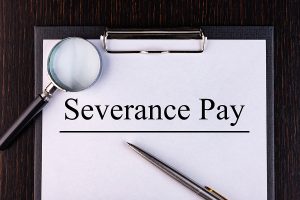A recent decision by the Appellate Division recognizes that, under the right circumstance, an employee can establish an employment discrimination claim under the New Jersey Law Against Discrimination (“LAD”) after her employer was acquired by another company, even though she did not apply for a job with the acquiring business.
Rosemary Beneduci worked as a bookkeeper for a law firm, Graham Curtin, P.A., for almost 30 years. In 2017, when she was 66 years old, Ms. Beneduci took two medical leaves due to problems with her knees.
 In the meantime, Graham Curtin began the process of closing the firm. The firm’s managing partner, Peter Laughlin, eventually reached an agreement to merge with another law firm, McElroy, Deutsch, Mulvaney & Carpenter, LLC (“McElroy”). McElroy agreed to make Mr. Laughlin a partner as part of the merger.
In the meantime, Graham Curtin began the process of closing the firm. The firm’s managing partner, Peter Laughlin, eventually reached an agreement to merge with another law firm, McElroy, Deutsch, Mulvaney & Carpenter, LLC (“McElroy”). McElroy agreed to make Mr. Laughlin a partner as part of the merger.
 New Jersey Employment Lawyer Blog
New Jersey Employment Lawyer Blog
















